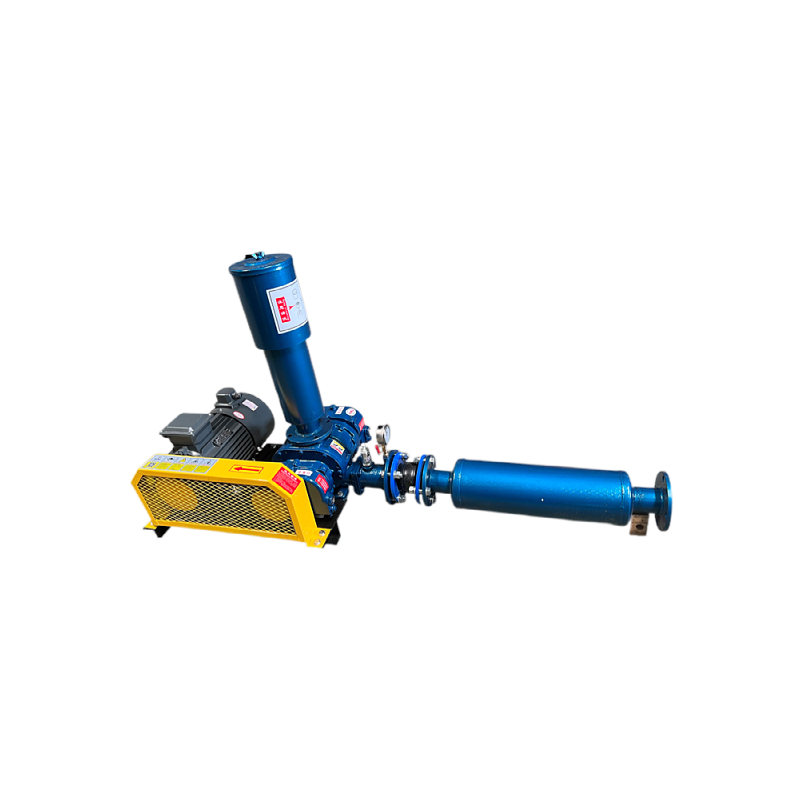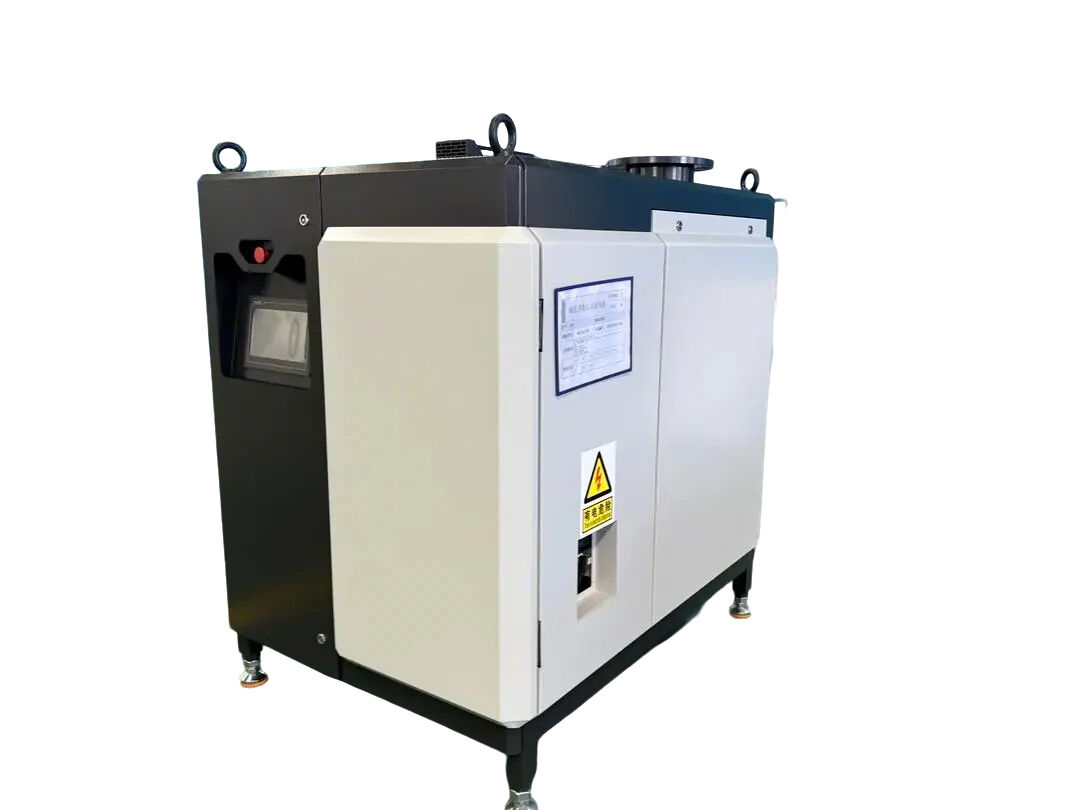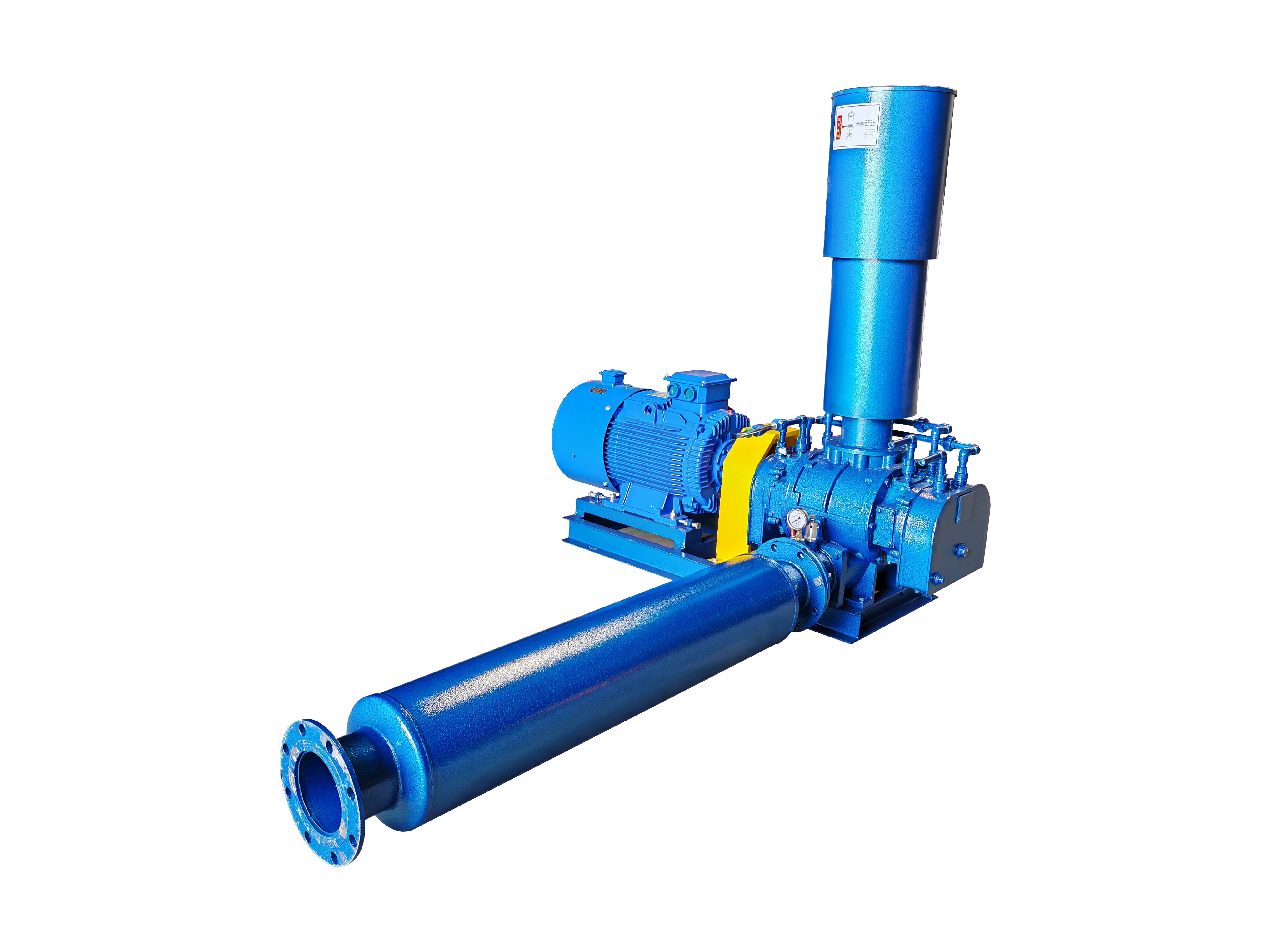wastewater blowers
Wastewater blowers are essential equipment in modern water treatment facilities, serving as the powerhouse behind efficient wastewater processing. These sophisticated machines are designed to introduce air into wastewater treatment systems, facilitating crucial biological processes and ensuring optimal treatment efficiency. The primary function of wastewater blowers is to supply the necessary oxygen for aerobic bacteria to break down organic matter in wastewater effectively. Modern wastewater blowers incorporate advanced technologies such as variable frequency drives, precision-engineered impellers, and smart control systems that optimize performance while minimizing energy consumption. These systems are available in various configurations, including positive displacement blowers, centrifugal blowers, and turbo blowers, each suited to specific application requirements. The technology behind these blowers has evolved significantly, now featuring innovative designs that ensure quieter operation, reduced maintenance needs, and enhanced reliability. In industrial applications, wastewater blowers play a crucial role in maintaining environmental compliance while supporting efficient treatment processes. They are particularly vital in municipal wastewater treatment plants, industrial facilities, and food processing plants where consistent and reliable aeration is essential for maintaining water quality standards.



